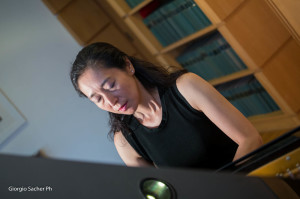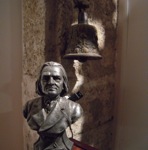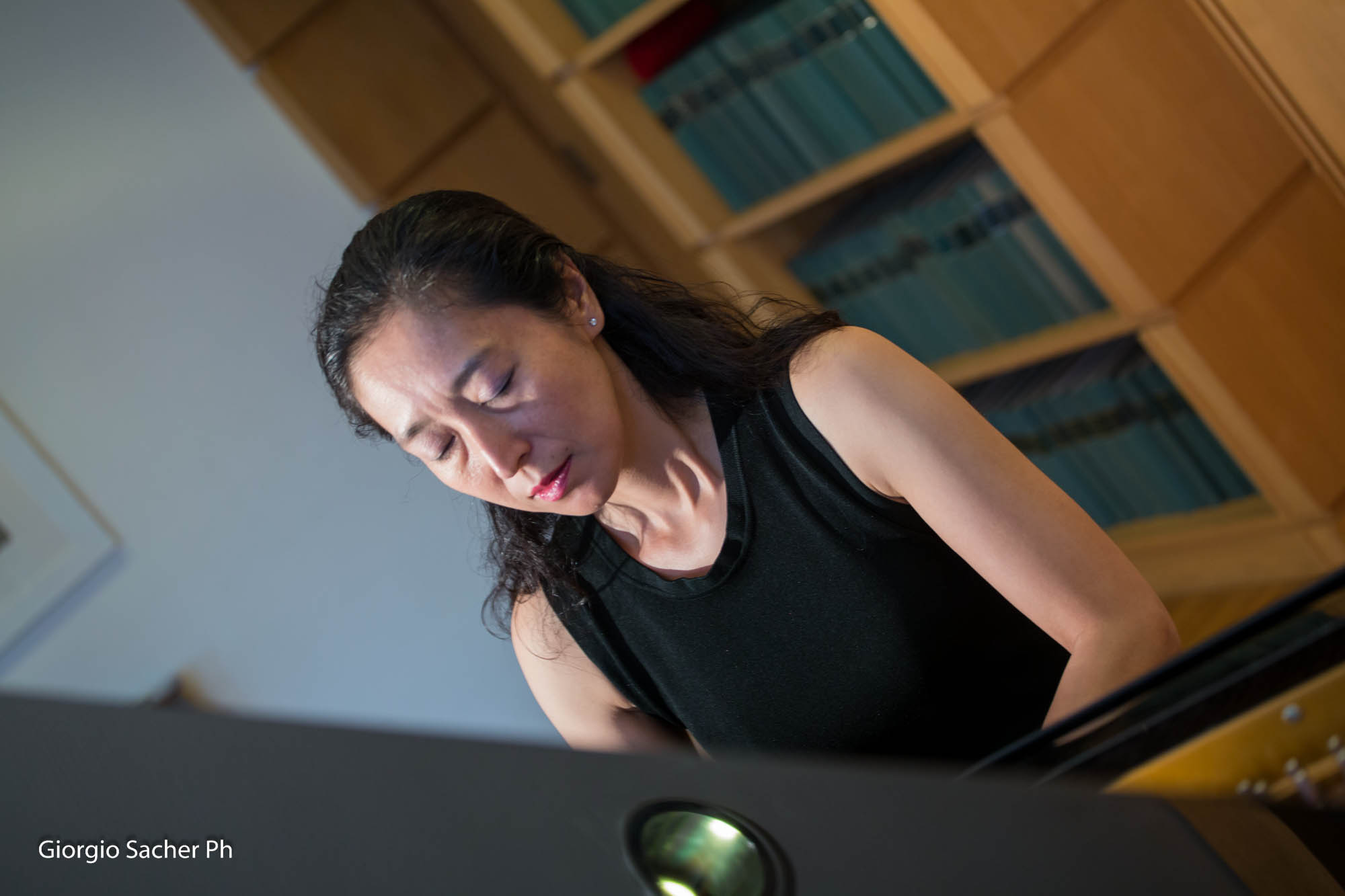
Schubert, emotion and feeling
 An evening of excitement and glamor at the Teatro Trastevere: to revive the notes of Schubert the piano of Ryoko Tajik Drei, Japanese virtuoso pianist who played on March 28 in an atmosphere of emotional withdrawal, poetry and sometimes melancholy. The evening begins with a thought that the pianist dedicated to unfortunate events that are marking his land, Japan, and ends with applause heard at the end of an appreciated unscheduled by Ryoko Drei, who greets his audience on the notes another famous Japanese pianist and composer, Ryuichi Sakamoto. Schubert’s music speaks directly to the heart: Ryoko Tajik Drei offers piano pieces taken from three works, the Op. Post. D 961 N1, the Op. 90 D 899 and D959 in A Major; and the emotional impact of the performance is strong, engaging, at times vibrant.
An evening of excitement and glamor at the Teatro Trastevere: to revive the notes of Schubert the piano of Ryoko Tajik Drei, Japanese virtuoso pianist who played on March 28 in an atmosphere of emotional withdrawal, poetry and sometimes melancholy. The evening begins with a thought that the pianist dedicated to unfortunate events that are marking his land, Japan, and ends with applause heard at the end of an appreciated unscheduled by Ryoko Drei, who greets his audience on the notes another famous Japanese pianist and composer, Ryuichi Sakamoto. Schubert’s music speaks directly to the heart: Ryoko Tajik Drei offers piano pieces taken from three works, the Op. Post. D 961 N1, the Op. 90 D 899 and D959 in A Major; and the emotional impact of the performance is strong, engaging, at times vibrant.
The music of Franz Schubert reflects the mood and emotions of a composer born and raised in a poor environment. The Viennese musician, author of wonderful songs, overtures and symphonies was so master of his own music that made use of the piano, but composed the music as if he were writing a poem. Notes as words, words in music. This is Schubert and the one proposed by Ryoko Tajik Drei in Trastevere have been liked by the audience that applauded persuaded at end of the concert.
Schubert lived a short and painful life, died in fact at the premature age of 31 years, lived entirely focused on his great passion, the music, the only real tool to talk about himself to the world, and to express his emotions, anxieties, feelings .
The music of Schubert and his romantic spirit enchant for its melodic poetry, intimacy and commitment in the interpretation by Ryoko Tajik Drei, winner in 1989 of the exhibition ‘The Schubert International Piano Competition’ came right to the heart of the public.
The Japanese pianist has already performed with success not only in Italy, Japan, Argentina, Austria, South Africa, Germany, the US and Russia.







Post Comment